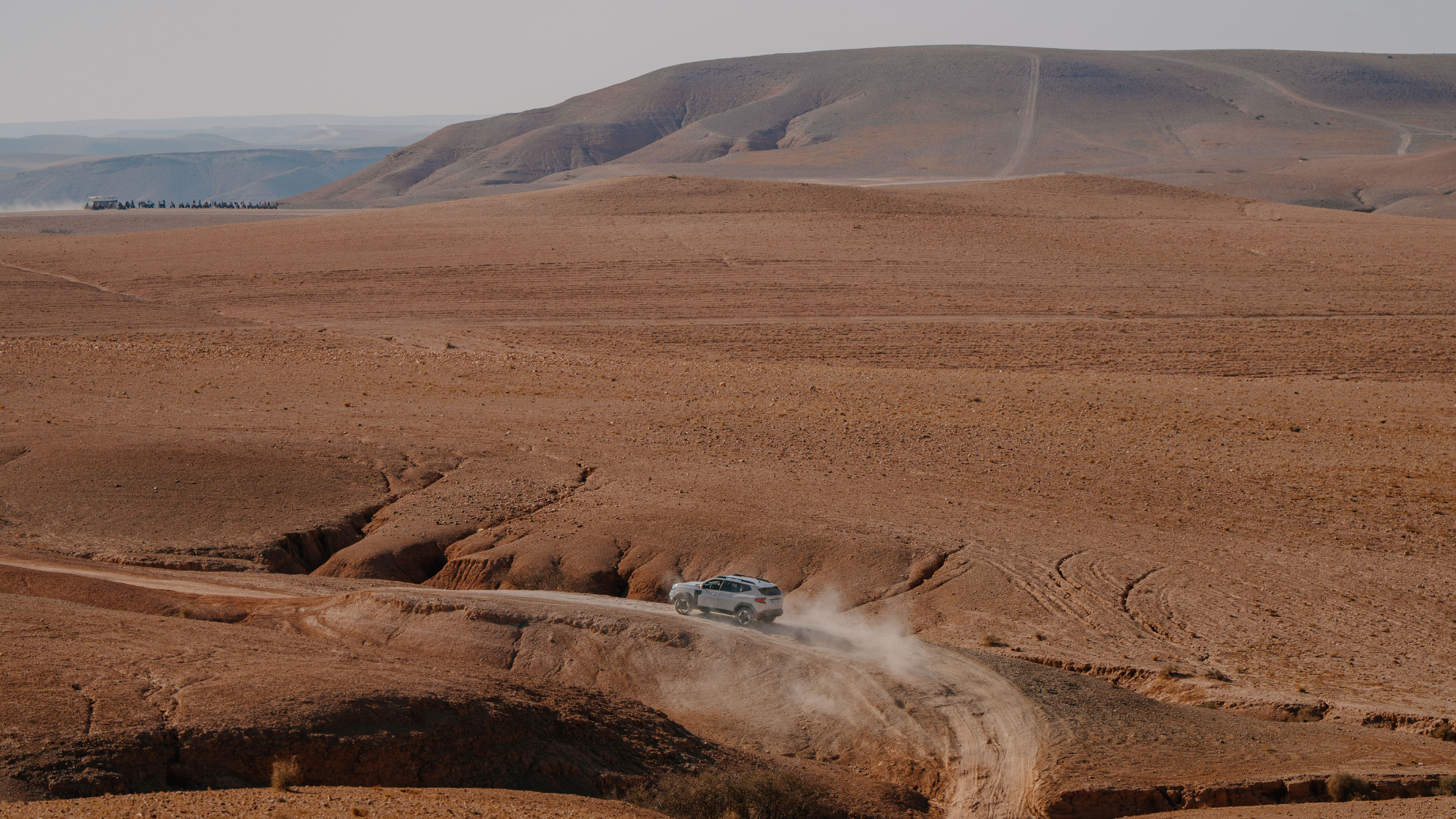Muqtada by Patrick Cockburn
At times, 35-year-old Muqtada al-Sadr appears capable of starting or stopping violence in Iraq with the flip of a switch. Last August, the young Shiite cleric . . .
Muqtada: Muqtada al-Sadr, the Shia Revival, and the Struggle for Iraq
by Patrick Cockburn
(Scribner, $24)
The Week
Escape your echo chamber. Get the facts behind the news, plus analysis from multiple perspectives.

Sign up for The Week's Free Newsletters
From our morning news briefing to a weekly Good News Newsletter, get the best of The Week delivered directly to your inbox.
From our morning news briefing to a weekly Good News Newsletter, get the best of The Week delivered directly to your inbox.
At times, 35-year-old Muqtada al-Sadr appears capable of starting or stopping violence in Iraq with the flip of a switch. Last August, the young Shiite cleric declared a cease-fire and casualties plummeted. In March, a bloody clash in Basra went quiet as soon as he ordered his brutal and tenacious Mahdi Army to stand down. What al-Sadr wants to achieve with his power is a crucial question. The enigmatic leader of the war’s largest militia and largest populist movement stands today as “the most important and surprising figure to emerge in Iraq since the U.S. invasion,” writes the British journalist Patrick Cockburn. Unfortunately, most Western observers know little about him—except that he is not the lightweight thug that some American officials once proclaimed him to be.
“It is hard to imagine” any Westerner producing a stronger briefing than Cockburn has created, said Dexter Filkins in The New Republic. Cockburn has been covering Iraq since the late 1970s, and he grounds his profile in the remarkable history of the movement al-Sadr now leads. The cleric’s father and father-in-law were “enormously courageous men,” fighters for Iraq’s impoverished Shiite majority who both eventually died at the hands of Saddam Hussein. “When Saddam fell, Muqtada moved rapidly to resuscitate his father’s organization.” Cockburn underplays al-Sadr’s malevolent side; he largely paints him as “a shrewd and nimble guerilla prince.” But “to read Cockburn’s book is to realize why ignoring Muqtada—or even killing him—would probably never work.” The movement he leads represents too many pent-up grievances.
Cockburn never offers a detailed character portrait of al-Sadr, said Michael B. Farrell in The Christian Science Monitor. Despite the great risks the author took to win interviews with al-Sadr’s soldiers and political rivals, his book never penetrates the cleric’s abrupt demeanor and secretive ways. It also devolves toward the end into an unenlightening review of all the mistakes made by U.S. and British officials, said James Glanz in The New York Times. Whatever its flaws, though, Muqtada is an important work. It immediately joins “a small handful of books” that qualify as “required reading for anyone who wants to unravel the meaning of events in Iraq five years into the war.”
A free daily email with the biggest news stories of the day – and the best features from TheWeek.com
-
 Trump, Senate Democrats reach DHS funding deal
Trump, Senate Democrats reach DHS funding dealSpeed Read The deal will fund most of the government through September and the Department of Homeland Security for two weeks
-
 Political cartoons for January 30
Political cartoons for January 30Cartoons Friday's political cartoons include redacted rolls, a CBS snafu, and fascist fashion
-
 Getting behind the wheel of the Dacia Duster in the Agafay Desert
Getting behind the wheel of the Dacia Duster in the Agafay DesertThe Week Recommends An off-road adventure in Morocco provided the perfect opportunity to test drive the newly launched hybrid SUV